Join the author, Néstor T. Carbonell, as he shares a critical analysis of the Castro-Communist regime and explores the challenges and opportunities that will likely arise when freedom finally dawns in Cuba.
CHAPTER 16: Two Sides of the Cuban Saga: Repression and Resistance
Although historically divided, the dissident movement in Cuba is trying to build a broad coalition – one that can set aside partisan squabbles and reconcile divergent strategies. To that end, many of the organizations ratified in October 2019 the «Agreement for Democracy.» That document, originally signed in 1989, sets forth the overarching principles for the transition to democracy under the rule of law, consistent with Cuba’s pre-Castro 1940 constitution.
Since the Castro regime seems unwilling to loosen its grip on power or even to engage in dialogue with the opposition, most of the dissidents believe that a true opening in Cuba will require a multi-pronged approach: greater civic resistance on the island plus strong external diplomatic and economic pressure. If more than fifty democratic nations stand today with the Venezuelans opposing Maduro, why shouldn’t they also support brutally repressed Cubans in their struggle for freedom?
Looking Ahead
Several factors will likely affect prospects for a democratic transition in Cuba. Within the island, after Raul Castro and other aging die-hards leave, the clamor for change may intensify – as Cuba’s economy continues to struggle and the long-shackled population, increasingly connected to the outside world, presses its demands for a better life. Externally, among the factors that may bear strongly on the prospects for a democratic transition will be the outcome of the Venezuelan crisis, including the possible end of Cuba’s oil lifeline, as well as how the United States and other countries of the region respond to the looming threats posed by Russia, China, and rogue states in the United States’ backyard and beyond.
The next chapter addresses these pivotal developments.
SECTION III
The Promising Future
CHAPTER 17: The Dawn of Freedom
In the words of Danish physicist Niels Bohr, «Prediction is very difficult, especially about the future.» That’s particularly true when it comes to Cuba, where even the present is uncertain.
That said, it seems clear that although the eighty-eight-year-old Raul Castro stepped down in 2018 as president of the Council of State and of the Council of Ministers, he retains the reins of power as first secretary of the Communist Party and de facto head of the armed forces until 2021.
As noted earlier, Castro designated as his nominal presidential successor the electrical engineer Miguel Diaz-Canel, fifty-nine. Having earned his spurs in Communist youth groups, Diaz-Canel spent fifteen years as provincial party secretary before becoming minister of higher education and, in 2012, vice president of the Council of Ministers.
Diaz-Canel does not have any outstanding revolutionary or military credentials. He is unimpressive in public, short on charisma, and viewed as a subservient apparatchik—praised by Raul Castro for his «ideological firmness.»
This was manifest during his address before the General Assembly of the United Nations in september 2018. Dismissing speculation that he is a reformer in the style of Mikhail Gorbachev, Diaz-Canel stated, «The generational change in our government should not give hope to the adversaries of the revolution. We are continuity, not a rupture.» He also declared that the new Cuban constitution being finalized will ratify the «irrevocable character of socialism.»
Diaz-Canel recently designated Manuel Marrero as his prim Minister (approved unanimously by the National Assembly). Marrer fifty-six, was Minister of Tourism for sixteen years and, like Diaz-Canel’ has no strong revolutionary credentials. This civilian facade does not make Cuba’s regime a parliamentary government. The real power will continue to rest in the militarized politburo.
Raul Castro is well aware that his biological clock is ticking, along with those of other hard-line octogenarians of the Old Guard.2 To make sure that continuity is firmly in place when they are gone, Castro is lining up several loyal generals and admirals, mostly in their seventies to control the politburo and hold the fort beyond the transition.’ But his overriding goal, according to informed insiders, is to perpetuate his family’s dynasty.
He cannot count, however, on Fidel Castro’s sons, who either are not deemed qualified or are just not keen on assuming leadership responsibilities. The exception might have been Fidel’s eldest son, Moscow-trained nuclear physicist Fidel Castro Diaz-Balart, sixty-eight, who reportedly committed suicide in February 2018.
The other sons are more interested in enjoying the dolce vita. They inherited Fidel Castro’s wealth and debauchery but not his stealth to keep a part-time opulent life under wraps. That life included fleeting paramours, multiple mansions, a hunting preserve, and a luxury yacht—even a paradise islet (Cayo Piedra) with private accommodations, a heliport, and a marina. All this was revealed by his former bodyguard—a witness to Fidel Castro’s double life.
Raul Castro’s clan, however, seems eager and ready to take on the dynastic mantle—some of the family members to govern and others to relish the Castro fortune abroad. Raul’s son Alejandro Castro Espin, an adroit six-foot colonel, fifty-four years of age, who has served as chief of the Commission of Defense and National Security with sway in several ministries, lost all or part of the vision in one eye while training in Angola, where the Castro regime sent forces from 1975 to 1991 to defend a Marxist government against South African- and US-supported insurgents.
In 2009, Alejandro wrote a book called The Empire of Terror, which must have pleased his father. It portrays the United States as an imperial power bent on subjugating humanity to satisfy its interests and hegemonic goals. Though not yet a general or a member of the rubber-stamp parliament (the National Assembly) or the politburo, Alejandro is one of his father’s closest aides. He played a major role in the secret US-Cuba negotiations that led to the thaw during Obama’s presidency, as well as in strategic intelligence accords with Russia.5 However, since then he has remained out of sight.
The most flamboyant and politically outspoken of Raul’s offspring is his daughter Mariela Castro Espin, fifty-seven, married to an Italian businessman. As director of the National Center for Sexual Education, she has crusaded for gay, lesbian, and transgender rights.
But Mariela’s real agenda is to keep her family in control of Cuba. During her visit to the United States in May 2012, she wrapped herself in the rainbow colors of the gay rights movement to bestow a patina of progressiveness on her father’s grim tyranny. Mariela proclaimed «the power of emancipation through socialism,» and echoing the Castro regime’s vitriolic propaganda, she lashed out against the Cuban exile community, dubbed the «Miami mafia.» Although she is not expected to play a leading role in the post-Castro transition, she was recently elected to the National Assembly.
The one who is likely to be one of the pillars of the dynastic succession is Raul Castro’s former son-in-law Luis Alberto Rodriguez Lopez-Callejas, fifty-nine, who was married to Raul’s daughter Deborah. He was described by The Economist as a «shadowy figure who speaks English with an impeccable upper-class British accent, which he says he picked up from his KGB tutor while a student in the Soviet Union.» Rodriguez, who has spent his life around the elite of the Castro revolution, was recently invited to join the Central Committee of the Cuban Communist Party and was promoted from colonel to general.
Without much fanfare he has served as the main architect promoter of «Castro, Inc.»—the embodiment of Raul Castro´s vision of state-militarized capitalism. Thanks to his former father-in-law th business empire under Rodriguez’s purview was vastly expanded ‘ the past five years. He is now chairman of a gigantic conglomerate (GAESA) that comprises at least fifty-seven companies owned by the Revolutionary Armed Forces.
GAESA includes almost all the retail chains in Cuba, foreign-run hotels, state restaurants, gasoline stations, rental car fleets, and export-import agencies. Rodriguez is now also in charge of the island’s most important base for global trade and foreign investment: the new container ship terminal and 180-square-mile foreign trade zone in Mariel.
Having gauged the power that Rodriguez wields as gatekeeper for most of the Castro regime’s state-controlled economy, Bloomberg Business News wrote an in-depth piece that carries this message to those planning to invest in Cuba: «Prepare to partner with the general…; all roads lead to Raul Castro’s [former] son-in-law.» This crisp caveat says it all.
For years Rodriguez did not seem to have political aspirations. However, he recently raised his public profile, meeting foreign dignitaries abroad, and was rumored to be designated prime minister (head of government) under Diaz-Canel. He didn’t get the post, but remains so far extremely powerful as czar of the economy.
Succession planning is by no means the only daunting challenge facing Raul and the fading regime. The economy is in a tailspin. On July 8, 2016, Castro’s economy minister, Marino Murillo, announced that the country would have to lower its fuel consumption by 28 percent in the second half of the year and cut imports by 15 percent. A week after Murillo sounded the alarm, he was removed from his post.
The alarm, of course, was warranted. The economy ended the year in a recession and, as reported by independent experts but denied by the Castro regime, showed no real growth in 2017. The outlook is further darkened by the mounting crisis in its patron nation Venezuela, which has accounted for 12-20 percent of Cuba’s gross domestic product.
According to a recent study by the Inter-American Development Bank, led by the respected economist Pavel Vidal, the island has not yet recovered from the loss of the Soviet subsidies—more catastrophic than originally reported. Still today, the Cuban gross domestic product is 23 percent below the precrisis level of 1989.
Foreign investors and suppliers operating in Cuba’s struggling economy have been told by state agencies to wait longer for payment of overdue accounts. Some fear they might face a repeat of Cuba’s liquidity crisis in 2008-9, which led the government to freeze (or grab) hard currency bank accounts.
Raul Castro, for his part, warned Cubans during his April 20, 2019, speech to brace for an economic crisis. Most of the population is already experiencing shortages of food, medicine, and power.
Apart from Venezuela’s cutback on shipments of oil on credit to Cuba (down about 40 percent since 2016), the island expects a sharp decline in its principal source of hard currency: selling to foreign governments the services of temporary professionals and workers in various fields—mostly health and education, but with an intelligence sideline.
According to Castro regime officials, the services rendered by over fifty thousand Cubans in numerous countries generated more than $8 billion in 2015. (Other estimates exceed $11 billion.) The bulk of that revenue came from Venezuela and Brazil.
Not many are aware of how the Castro regime exploits the doctors, teachers, and other workers it rents out to foreign governments. In Brazil, for example, the government paid the regime about $4,000 per month for each Cuban doctor performing services in the country under stringent control and harsh living conditions. But the doctors got only 25 percent of their salaries. Moreover, they were barred by the Castro regime from taking their children to Brazil and from getting their college degrees validated in the country. No wonder
scores of them filed suits in Brazil to be released from what one judge called a «form of slave labor.» Indeed, human rights organizations denounced the hiring out by the Cuban regime of thousands of «indentured» state servants as a new and abhorrent form of human trafficking.
The recently elected president of Brazil, Jair Bolsonaro, declared in November 2018 that if the Castro regime did not recognize the rights of the eight thousand Cuban doctors in Brazil, his government would__allowing them to remain and work in the country as residents—bring their children, receive their full salaries, and validate their medical degrees. Whereupon Castro canceled the agreement with Brazil and ordered the Cuban doctors to return to the island, but many of them, «tired of being treated as slaves,» opted to stay.

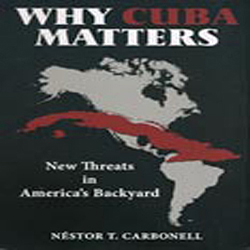

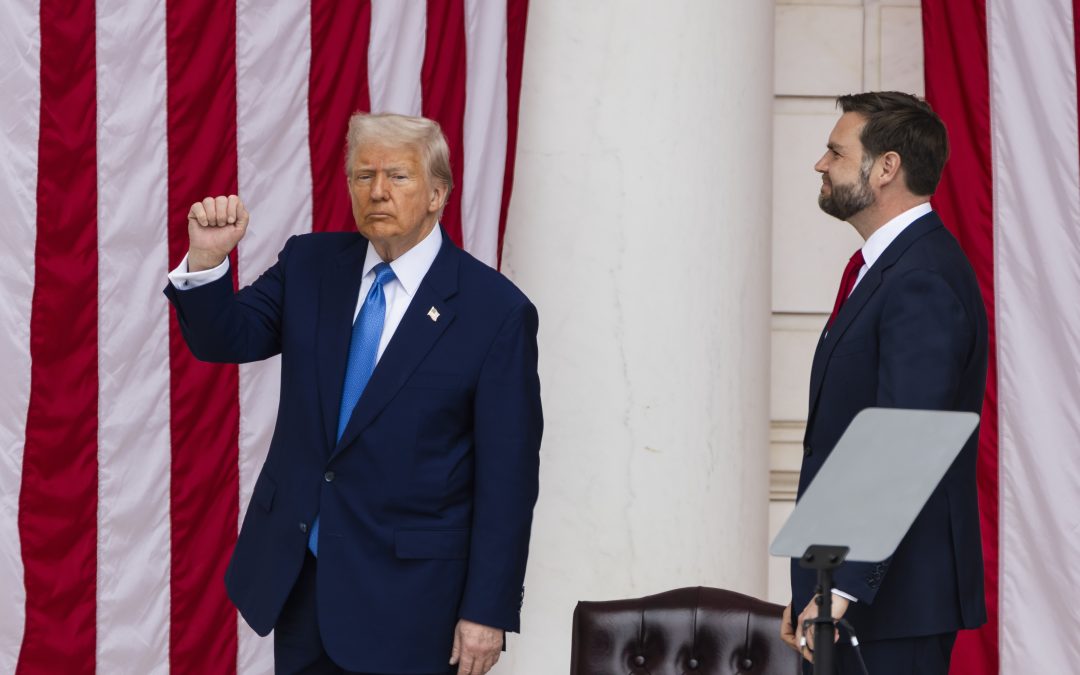
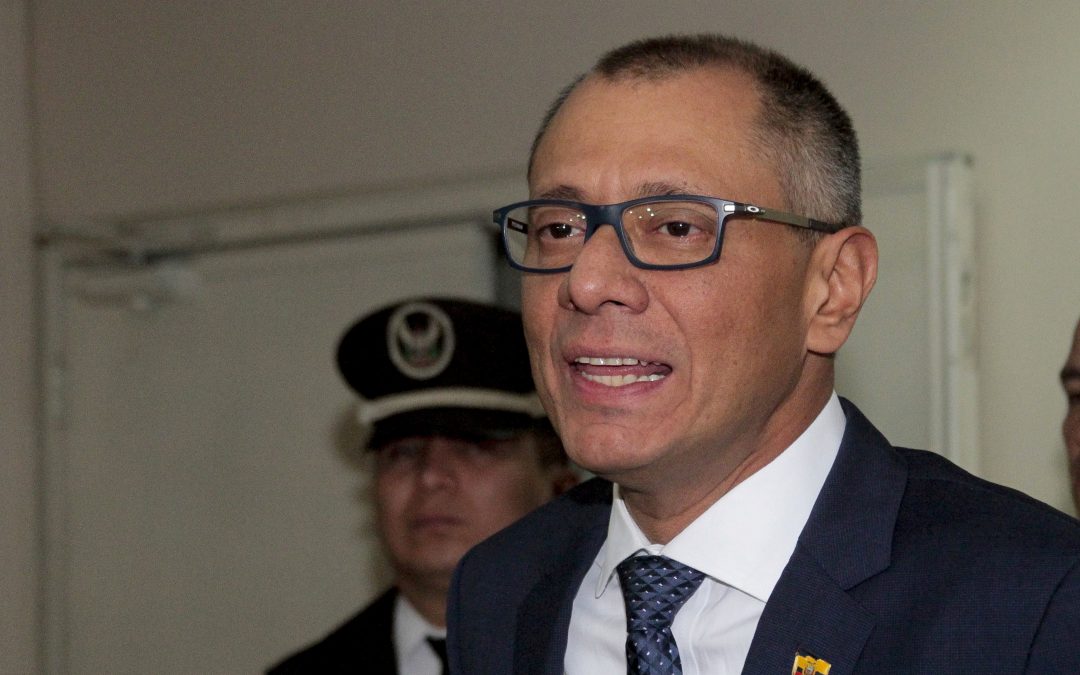
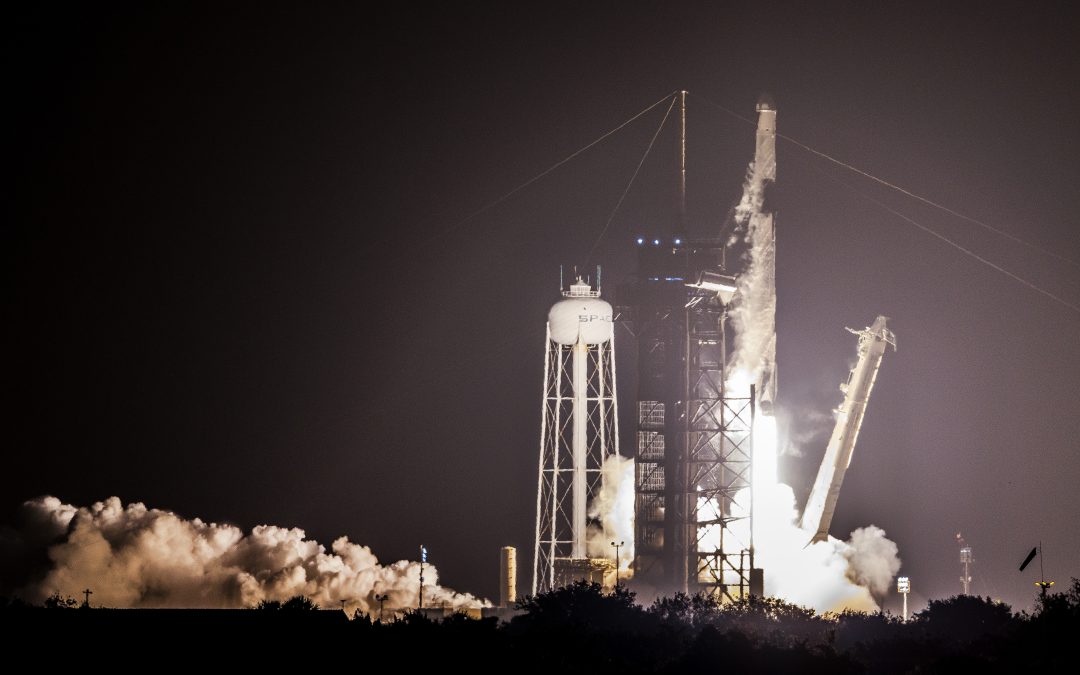
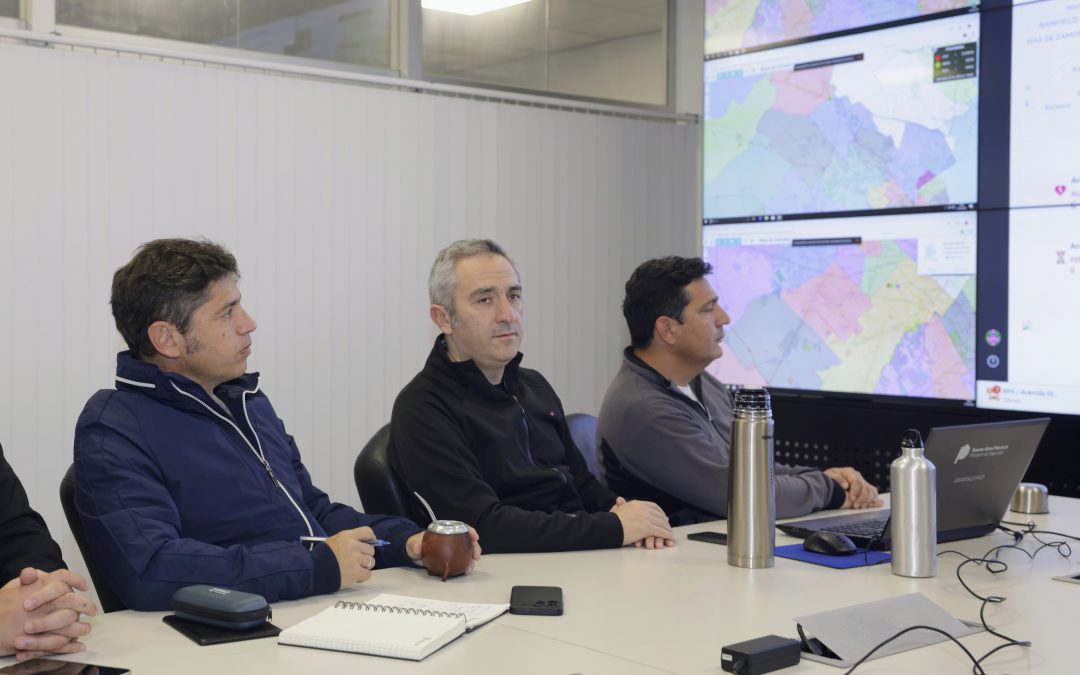
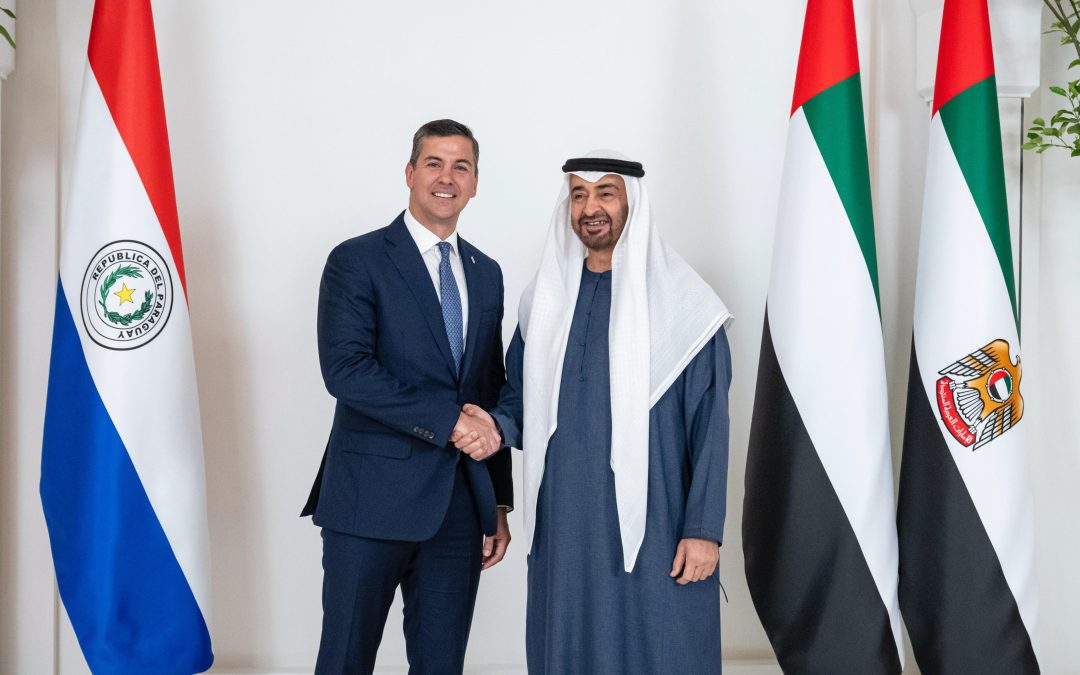



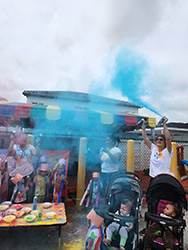
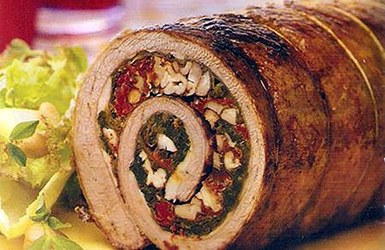
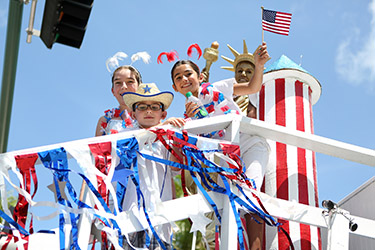
0 comentarios